The origins of Tallinn, the capital of Estonia, are dating back to the 13th century when a castle was built there by the knights of the Teutonic Order. It developed as a major centre of the Hanseatic League, the organization founded by German merchant communities in northern Germany and abroad to protect their trading interests. The league dominated commercial activity in northern Europe from the 13th to the 15th century. The Hanseatic cities had their own legal system and operated their own armies for mutual protection and aid. The Old Town of Tallinn was inscribed in the UNESCO World Heritage list in 1997 as one of the best preserved historic city centres in Europe. Tallinn was called Reval until it got its current name in 1918. Today Tallinn is the capital and the biggest city of Estonia, with more than 440 000 inhabitants. Follow my two day itinerary to explore this beautiful city.
Day 1 Morning
Let’s start the first day with a self-guided Old town tour from the Deer statue at Nunne Street.
The small statue reminds us of a legend related to the previous Tallinn city name, Reval
Legend of Reval city name
There are many different legends offering explanations as to how the Estonian capital got its name. One of the most popular stories is set around the time of the Danish King Valdemar who conquered North Estonia. One day, the king was taking a stroll in his new grounds and spotted a tiny deer. Valdemar ordered his men to capture the animal so that the king could keep it as a pet. But the deer jumped from a cliff to its death. The king was devastated and he decided to call this point at the top of the hill Reval. In German, reh-fall means “fall of a deer” and so the name became Reval. It’s difficult to say why the name derives from the German language while the legends describe a Danish king who hunted the deer.
Address of the statue: Nunne, 10133 Tallinn
The name Tallinn(a) is Estonian. It is usually thought to be derived from Taani-linn(a), Danish town.
Continue your tour counter clockwise on the map enclosed, climbing up to the upper town of Tallinn to get the best views of the city from the Kohtuotsa viewing platform.
Kohtuotsa viewing platform
The spacious area on the east corner of Toompea hill offers unforgettable views of the medieval neighbourhood and is easily the city's most famous photo spot. From here, you can see most of Tallinn's centuries-old spires, as well as its newer ones, the highest of which is the TV Tower visible in the distance. Beyond the modern city centre lies the Lasnamäe suburb with its countless Soviet-style block apartment buildings.
During the summer season, an outdoor café operates here and dance evenings are held on the platform space. I was not lucky, but very likely you will see a seagull called Steven walking on the edge of the platform posing for photos like a true supermodel.
Address: Kohtu 12
Then find your way to the Toompea Castle, the seat of the Estonian Parliament.
Toompea castle
Towering over the rest of the city, Toompea Castle has always been the seat of power in Estonia. Ever since the German Knights first built a stone fortress here in the early 13th century, every foreign empire that ruled Estonia used the castle as its base. Today, appropriately, it's home to Estonia's Parliament.
The castle has been revamped countless times through the centuries, but still retains the basic shape it was given in the 13th and 14th centuries. From its front, visitors can see a pink Baroque palace dating to the time of Catherine the Great. A look at its opposite side, visible from the base of the hill, gives a much more medieval perspective.
From the Governor's Garden at the castle's southern edge, the 46-metre Pikk Hermann tower comes into view. The tower is a vital national symbol: tradition dictates that whichever nation flies its flag over Pikk Hermann also rules Estonia. Each day at sunrise the Estonian flag is raised above the tower to the tune of the national anthem.
Address: Lossi plats 1a, Tallinn 10137
For sure you will notice the Russian Ortthodox Cathedral opposite the castle.
Alexander Nevsky Cathedral
Built in 1900, when Estonia was part of the tsarist Russian empire, the cathedral was originally intended as a symbol of the empire's dominance over this increasingly unruly Baltic territory. Now it’s just an architectural masterpiece. The church's towers hold Tallinn's most powerful church bell ensemble, consisting of 11 bells, including the largest in Tallinn, weighing 15 tonnes. You can hear it playing before each service.
Address: Lossi plats 10
Then climb down the stairs to the St. Nicholas’ church and art museum.
St. Nicholas’ church and art museum
Niguliste, or St. Nicholas’ Church, was one of the two parish churches in medieval Tallinn and one of the wealthiest churches in town. Consecrated to the patron saint of merchants and seafarers, St. Nicholas, it is believed to have been founded in the middle of the 13th century.
The Second World War caused enormous destruction to St. Nicholas’ Church. In 1984, after nearly thirty years of restoration, the building was opened as a branch of the Art Museum of Estonia. In my opinion, the most significant exhibit of the museum is the only surviving medieval Dance of Death in the world, painted on canvas. It is attributed to Bernt Notke, one of the well-known artists in Northern Europe in the late middle ages. The Tallinn Dance of Death in St Nicholas Church was first mentioned in the early 17th century.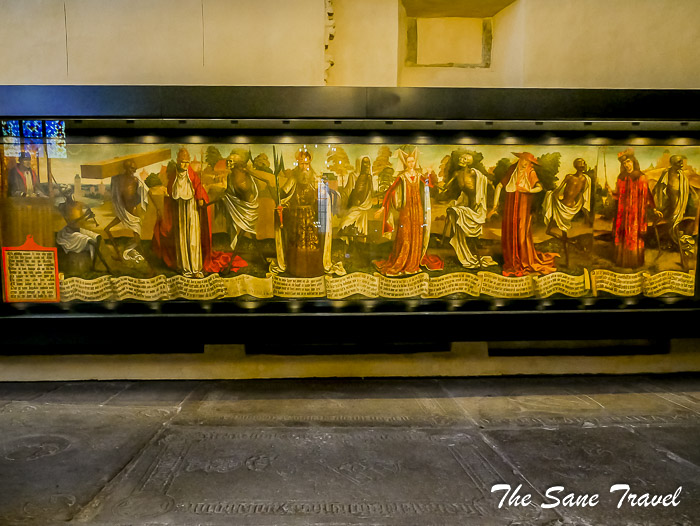
Continue your tour towards the Tallinn Townhall.
Tallinn Townhall
The Tallinn Town Hall was built in 1404, making it the oldest town hall in the entire Baltic and Scandinavian region. It now functions as a museum where you could learn about the city hall's history. It also hosts concerts from time to time.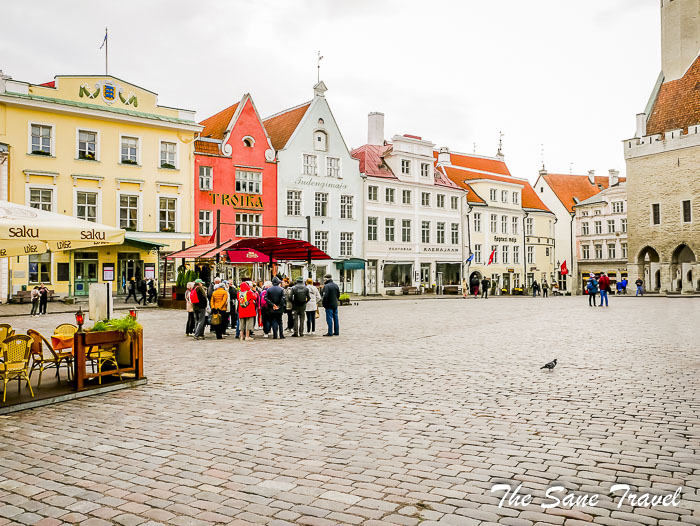
The next stop on your way is Black Heads’ house.
Black Heads’ house
The House of the Black Heads is one of the oldest and most renowned building complexes in Tallinn’s Old Town. Its most unique rooms are the White Hall, which is the first venue in Renaissance style in Tallinn, and the St. Olaf’s Guild Hall, built in the late Gothic style. The long history of the brotherhood is full of legends about saints, soldiers, and adventurers. The House of the Blackheads offers various rooms for receptions, business parties, conferences, and other events.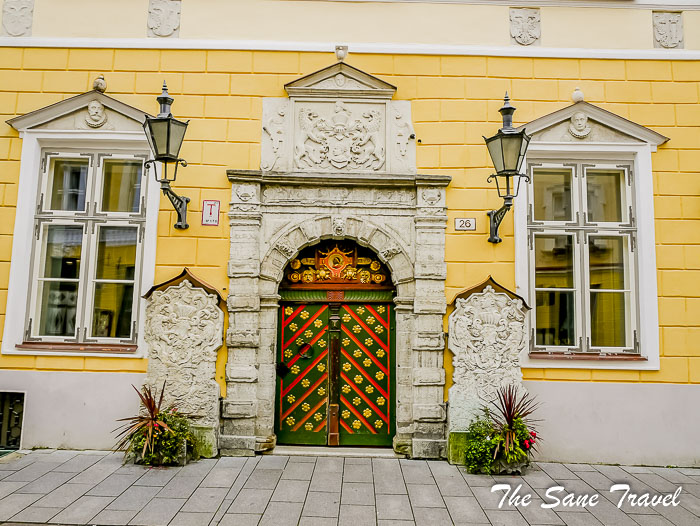
Legend of the first Christmas tree
Legend has it that the first Christmas tree was brought to Tallinn in 1441 by the Brotherhood of the Blackheads, a Livonian merchants' association. If this is true, that would make it the first Christmas tree placed in a town square in Europe. Still, it is not totally clear whether the birthplace of the Christmas tree was Tallinn or Riga. As the two Blackheads’ Fraternity in two cities were related, one might conclude that it happened in both cities in the same year. Some say that it was only a tree in Tallinn, but the first decorated Christmas tree was placed in Riga. I will not argue about that.
Continue your way to the Tallinn City Theatre.
Tallinn City Theatre building
Tallinn City Theatre is very popular but its plays are in Estonian, so the English speaking guests might enjoy a building tour instead. What definitely distinguishes Tallinn City Theatre is its unique building – a complex of sixteen interconnected medieval houses in the Old Town of Tallinn. They have four regularly used venues, the smallest for an audience of seventy and the largest for two hundred people. The history of the oldest buildings can be traced back to the fifteenth century, and originally the houses were owned by different city aldermen. In addition, the theatre has set up a large Open-Air Stage in the courtyard.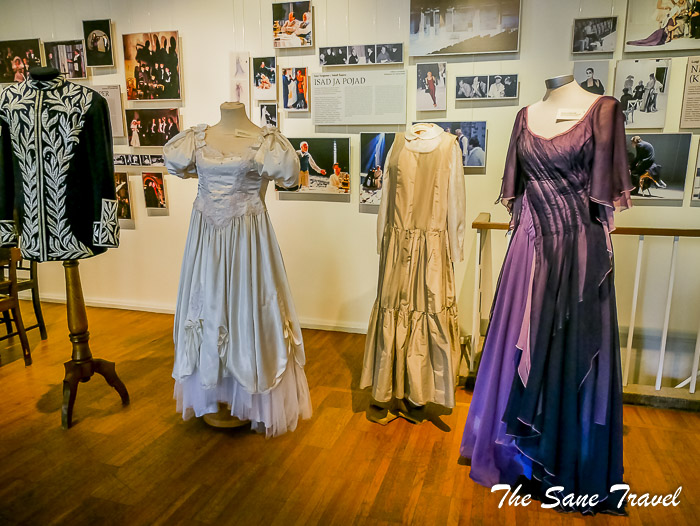
You have completed your Old City tour. For the afternoon, continue straight ahead to the nearby Telliskivi creative city.
Day 1 Afternoon
Telliskivi Creative City
When I visit different cities, I look out for street art, and Tallinn was not an exception. The formal street art program began in Tallinn during the Baltic Sessions of 2016 when some mural work was done. Tallinn got serious in 2017 with the Mextonia festival, which put Estonia clearly on the global street art map. The festival was conceived as a gift from Mexico to Estonia for their 100th anniversary. You’ll see strong imagery of cross-cultural folk mythology and nature throughout Tallinn’s murals. 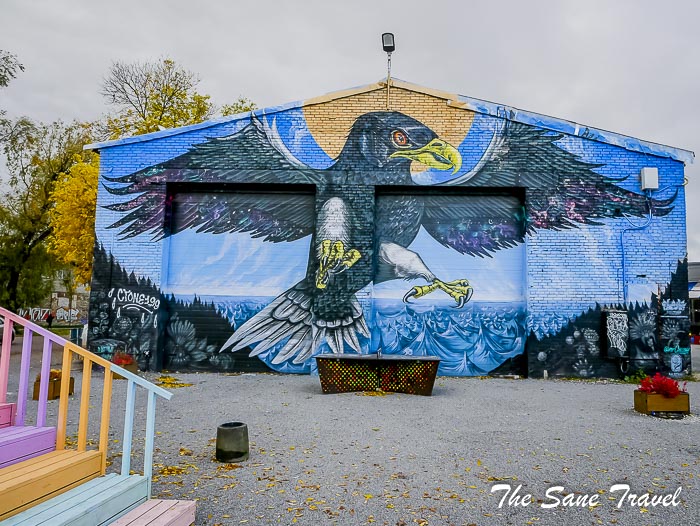
When visiting Telliskivi, notice Fotografiska Tallinn, a privately owned photographic art centre. Fotografiska Tallinn has its roots in Stockholm. This is a place where art, great food, music, design, and open thinking meet, so you are welcome to join.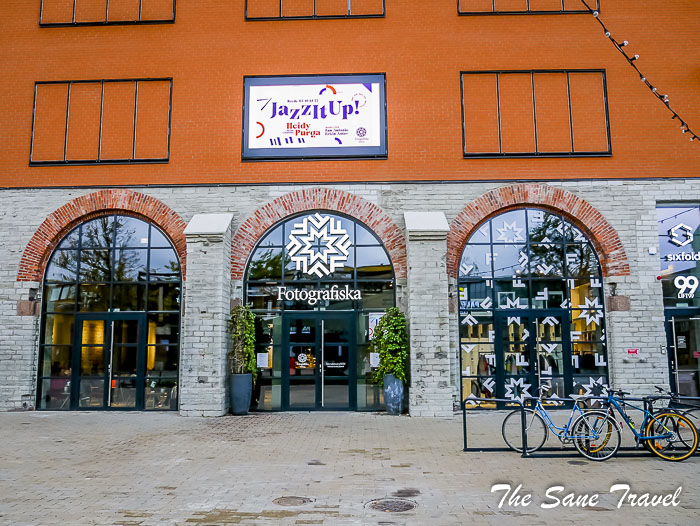
Day 1. Evening
If you are a classical music lover and have not bought your concert ticket in advance, try to get one at the entrance of the Eesti Concert hall. I was lucky to get one.
Attend the concert at Eesti Concert hall
The Art Nouveau and classicist theatre building designed by Finnish architects was the largest building in the early 20th century Tallinn. One side of the two-wing building was intended for a theatre and the other for a concert hall. This is also the case today. During the Soviet aerial bombardment at the end of the Second World War, the theatre building was destroyed together with many others. The building was renovated at the end of 1940s in the Stalinist classicism style. The interior was also changed from Art Nouveau style to a more somber classicist design. Three independent institutions operate in this building – the Estonian National Opera in one wing and the State Concert Institution “Eesti Kontsert” and the Estonian National Symphony Orchestra in the other wing.
While walking to or from the concert, notice the footprints of Estonian opera stars on the street, including Georg Ots, a famous Soviet and Estonian singer.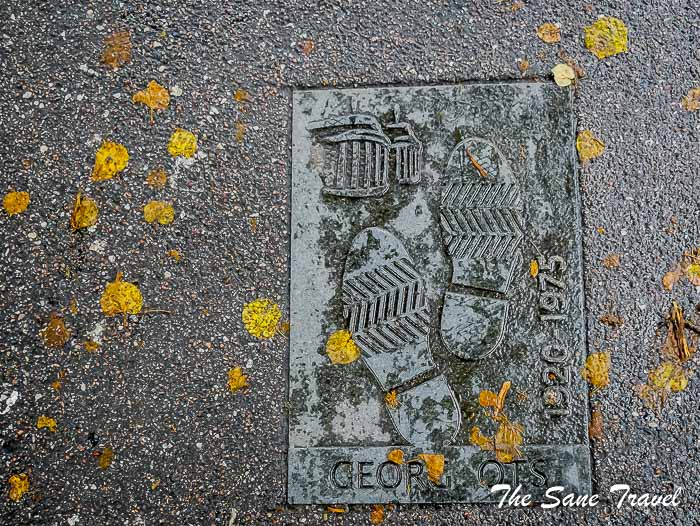
Where to stay
I was happy with my choice of Tallinn City Apartments. They offer apartments in several places in the city. Mine was located at Vana Posti 7 in the Old town, so it was very convenient for sightseeing on foot and near a tram stop to go to Airport and Kadriorg. I had a studio apartment in a minimalist style with a comfy bed, kitchenette, and sitting area. I can definitely recommend it.
Day 2. For art lovers. Morning
Have a coffee at Vanalinna Rahva Raamat
The shop Rahva Raamat has been operating in a beautiful house on Pärnu mnt 10 in Tallinn for more than 100 years. Vanalinna Rahva Raamat was chosen as one of the three best bookstores in the world by the London Book Fair in 2020. The good old bookstore now has a stylish café and a cosy place where you can have nice conversations while sipping coffee and cognac or even having soup. The interior design perfectly combines a contemporary shopping environment and an Art Nouveau style of the stately building. 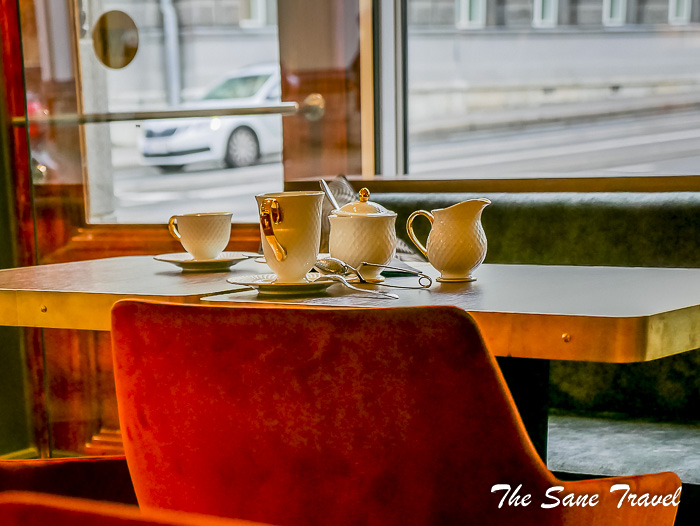
Then take a tram number 3 or 5 to Kadriorg.
Kadriorg Palace and Park
The construction of Kadriorg Palace was initiated by Tsar Peter the Great of Russia in the early 18th century. The palace was designed by Italian architect Nicola Michetti, and its ornate main hall is one of the most exquisite examples of Baroque architecture, both in Estonia and in northern Europe. In 2000, the palace reopened as the Kadriorg Art Museum, which displays the largest collection of old Western European and Russian art in Estonia.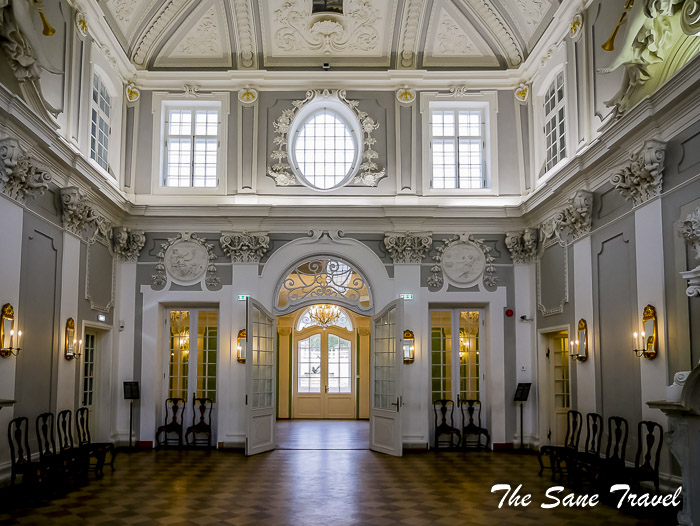
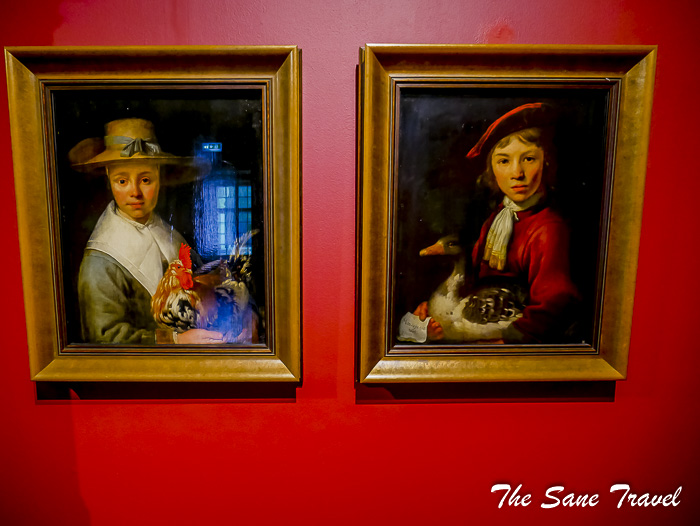
Kuma Art Museum
The Art Museum of Estonia opened its doors to the public in 2006. It was built according to the design of the Finnish architect Pekka Vapaavuori. The large-scale building, buried in the limestone cliff of Lasnamägi, manages to harmoniously coexist with the cosiness of Kadriorg Park. The architect chose natural materials, such as dolomite, wood, and copper.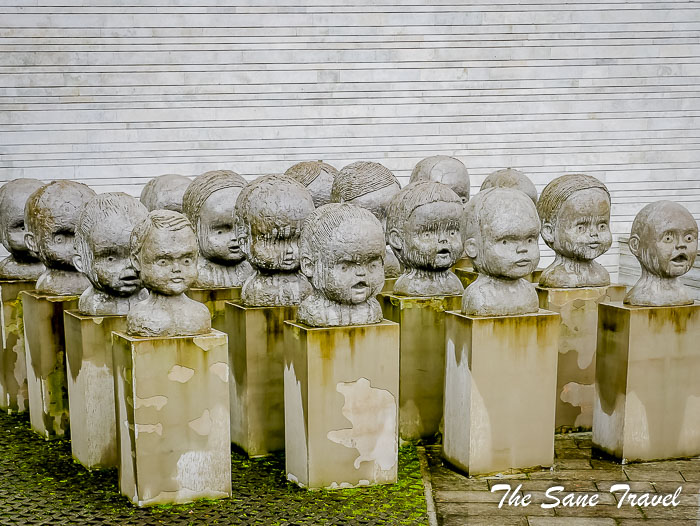
Address: A. Weizenbergi 34, 10127 Tallinn
After visiting Kadriorg, get back to the city centre and get ready for your trip back home or if you have more time, visit Tartu, another awesome city of Estonia.
Practical information
As you, like me, are getting to Tallinn by plane, it’s very easy to get to the city by tram. Buy your day or three day ticket at the R kiosk before boarding the tram. If your visit is very short, you can leave your luggage in the lockers at the airport and have your hands free for sightseeing.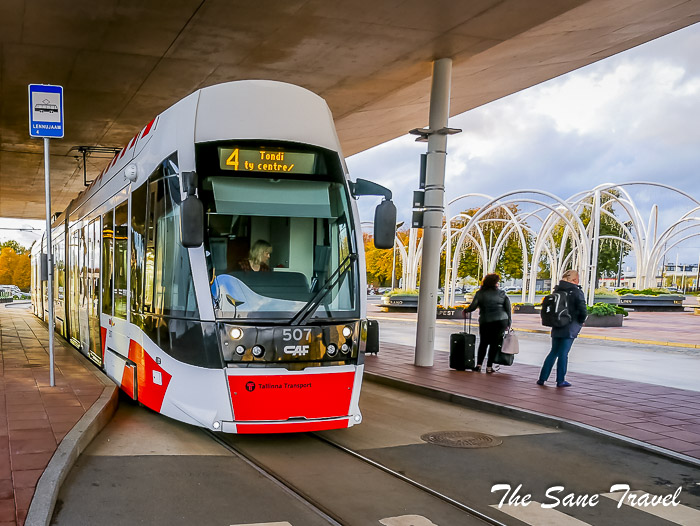

What did you think? Have you been to Tallinn? Or perhaps you’re thinking of visiting in the near future? Either way, I’d love to hear from you so please add your comments below.
Author: Anita Sane
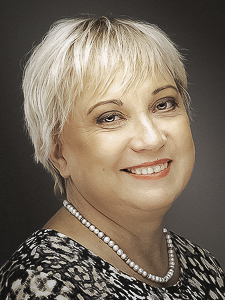
About the author
Anita is a part-time traveller, passionate photographer and a retired career woman from Latvia, travelling mostly solo for more than 15 years. She is a skilled travel planner who plans and executes her travels by herself. Anita wants to show you how to travel the world and open your mind to new experiences. Follow her on Facebook, Instagram, Pinterest, Twitter and Bloglovin.

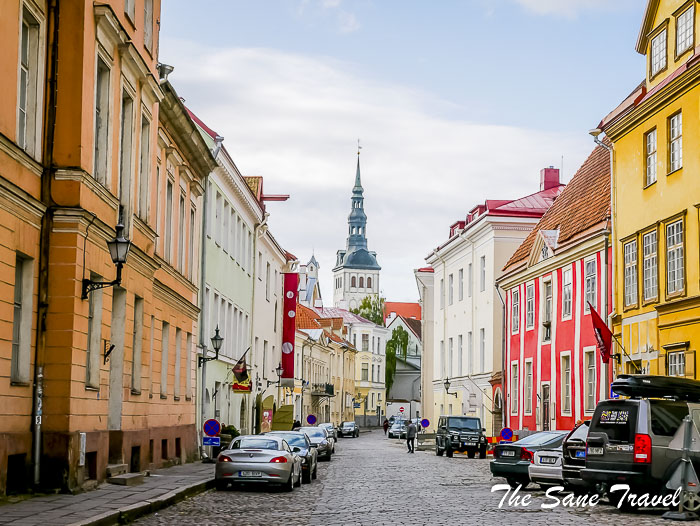
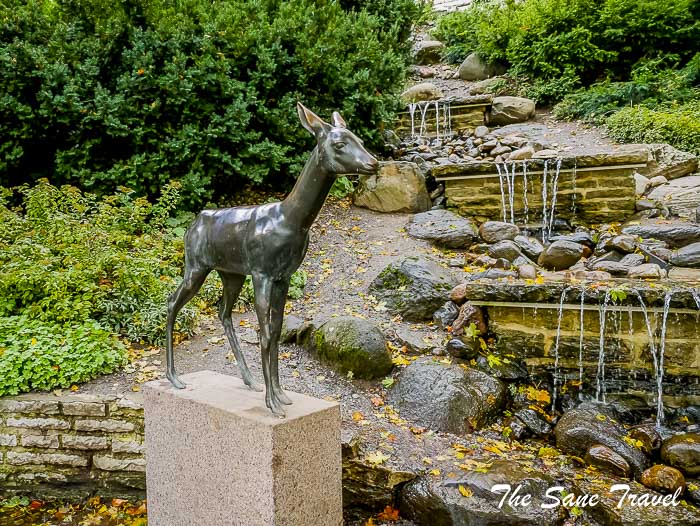
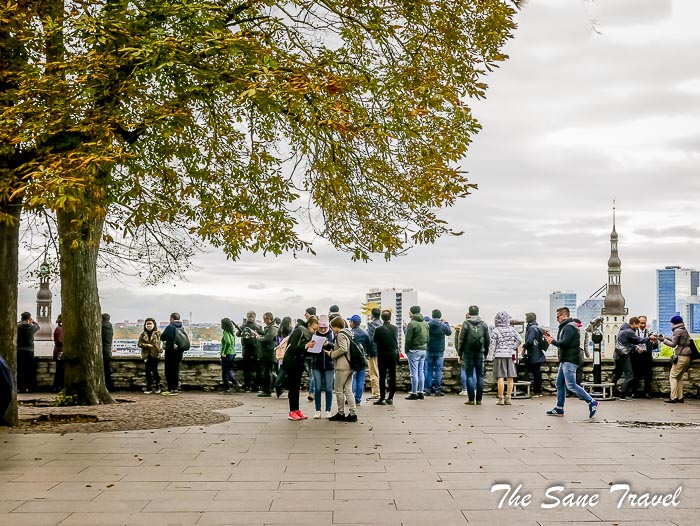
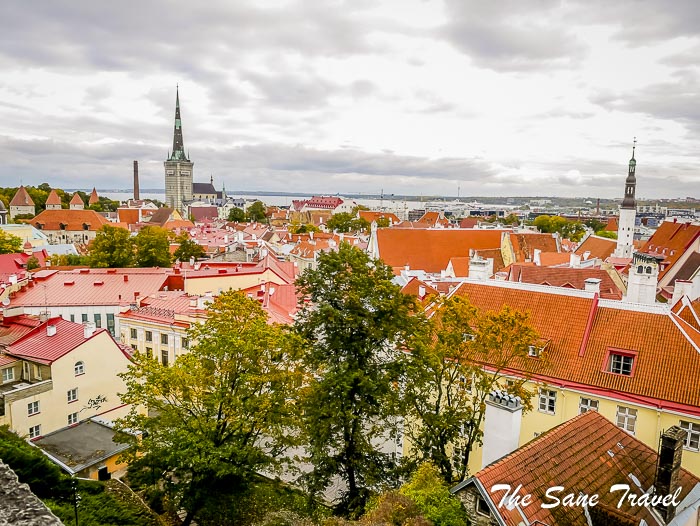
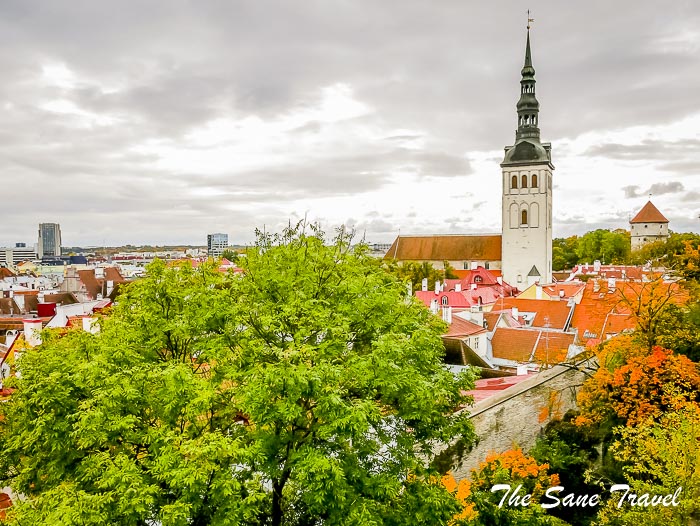
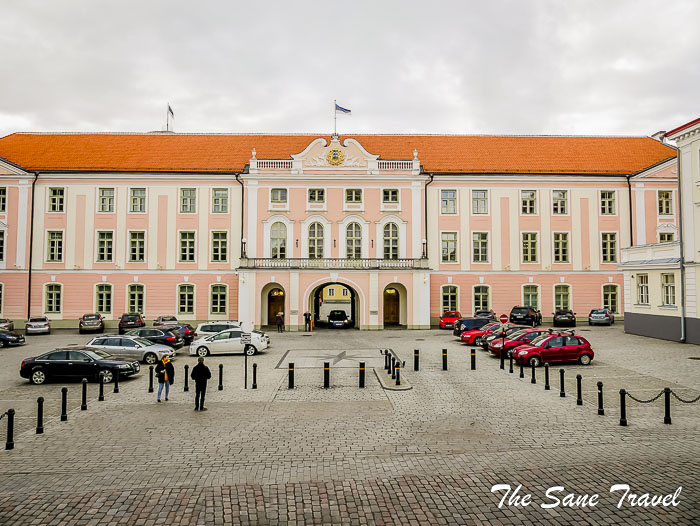
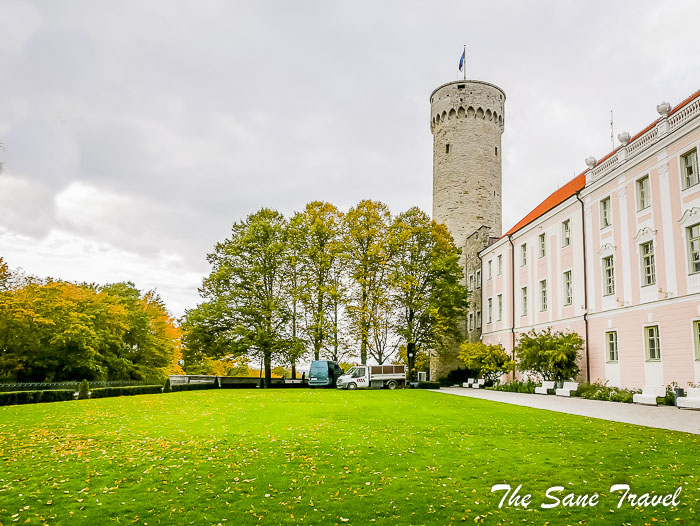
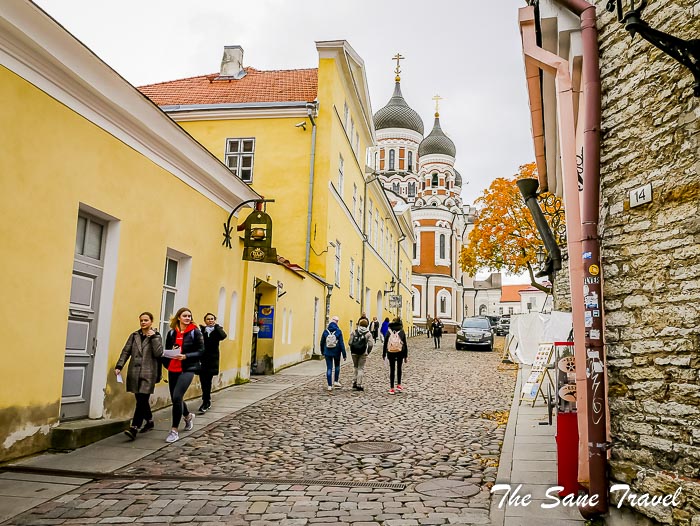
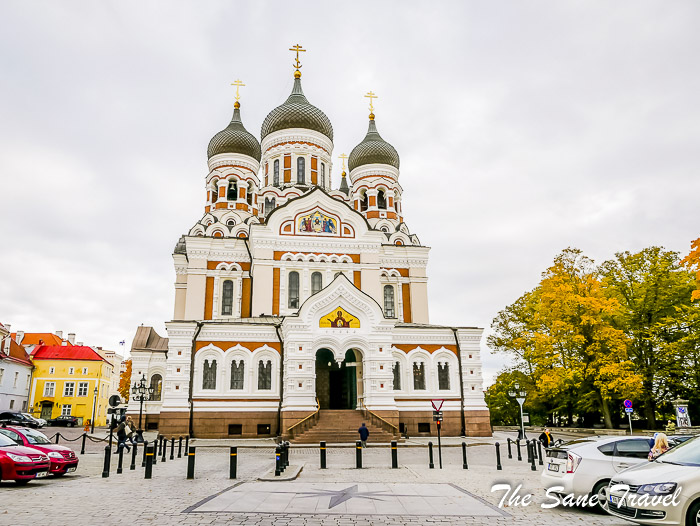
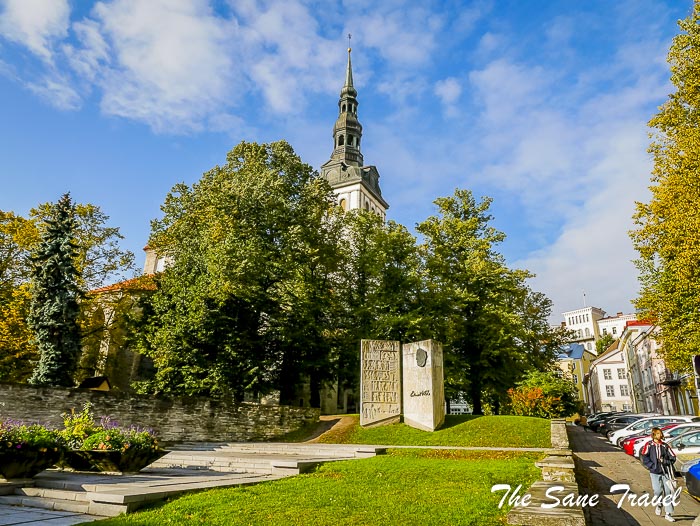
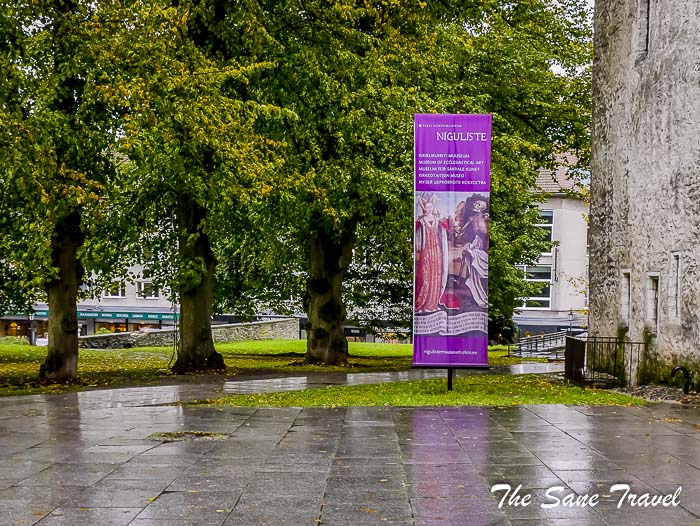
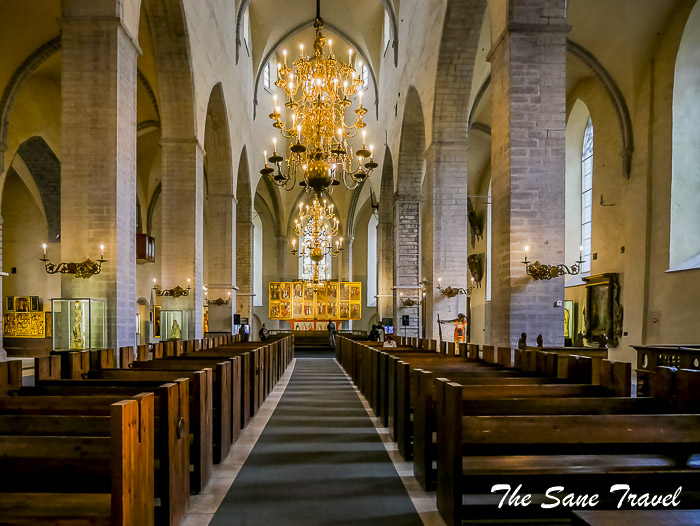
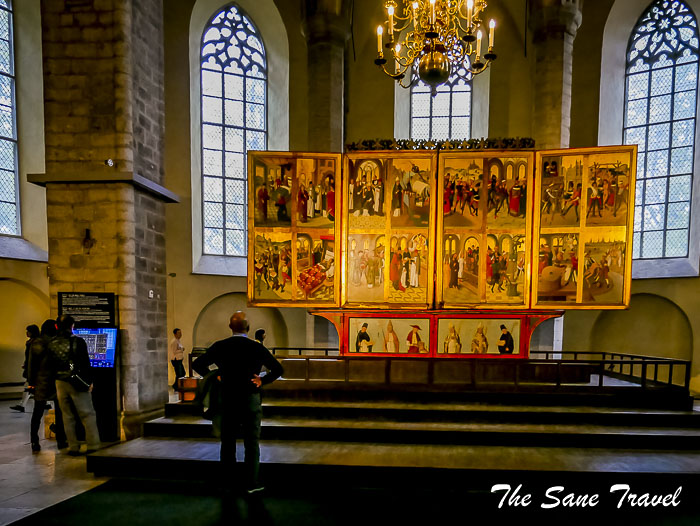
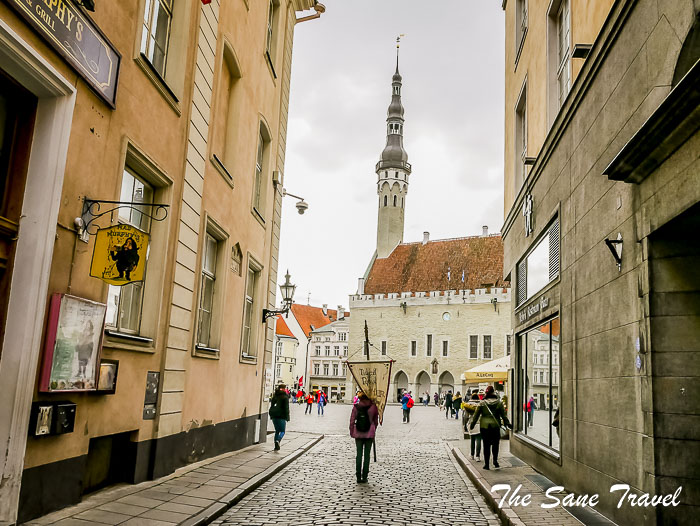
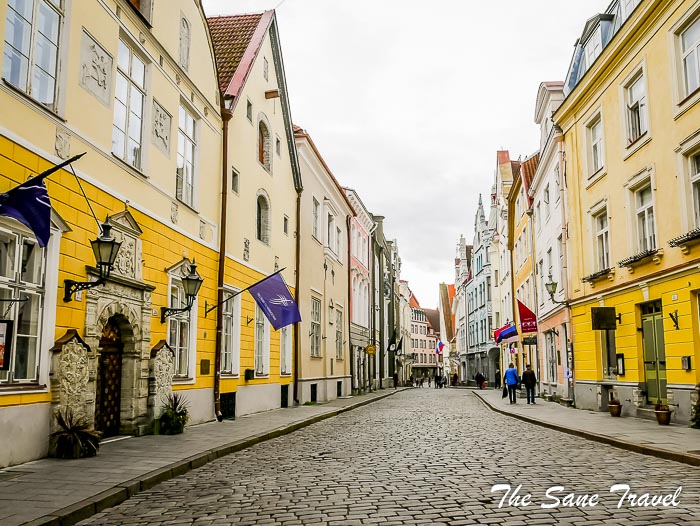
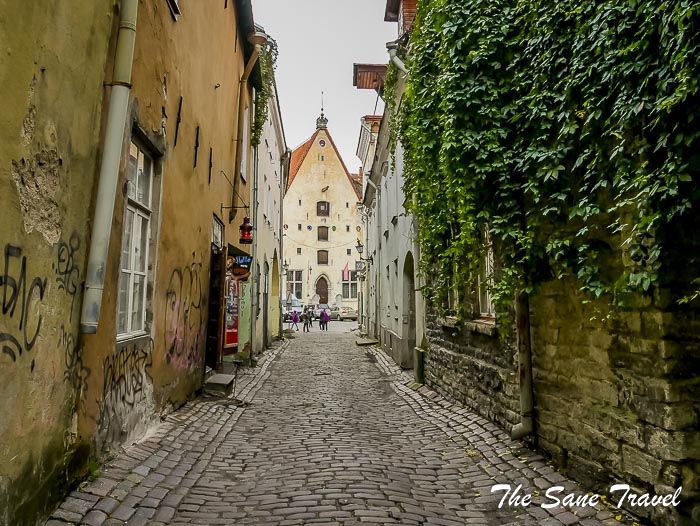
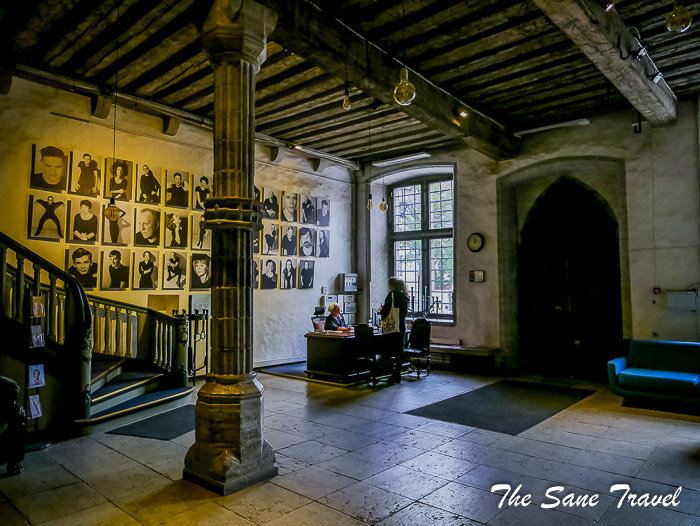
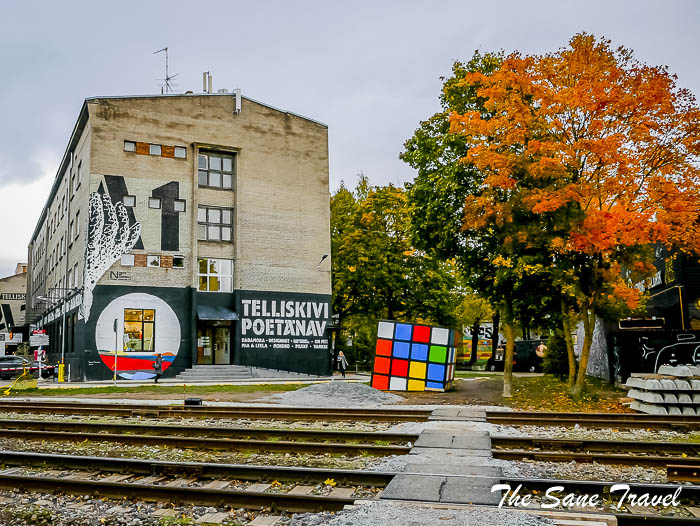
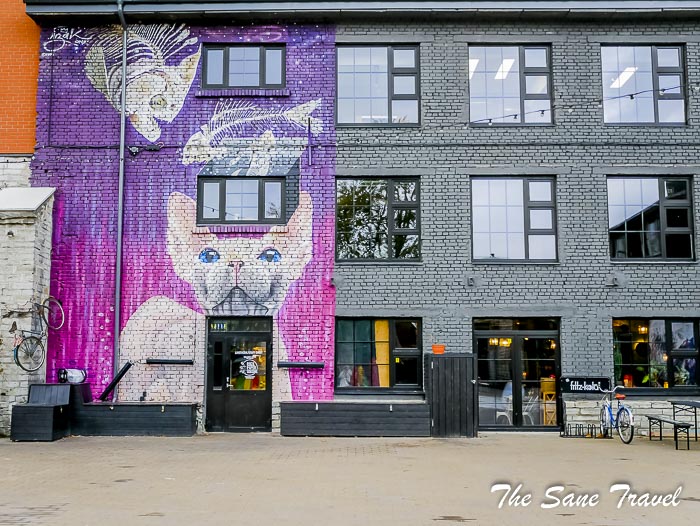
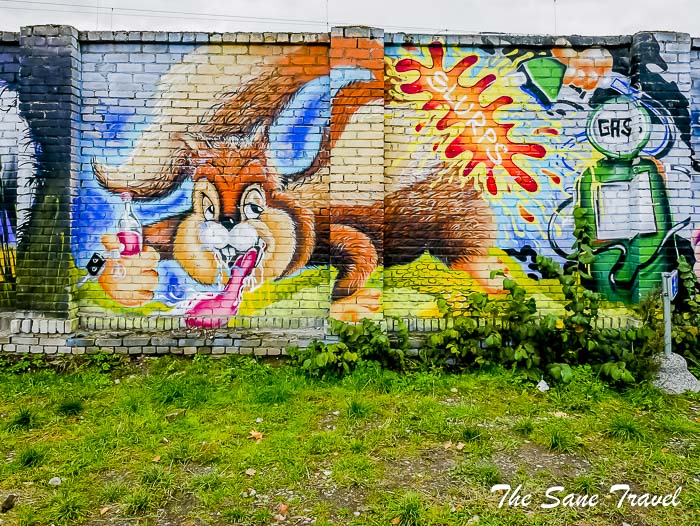
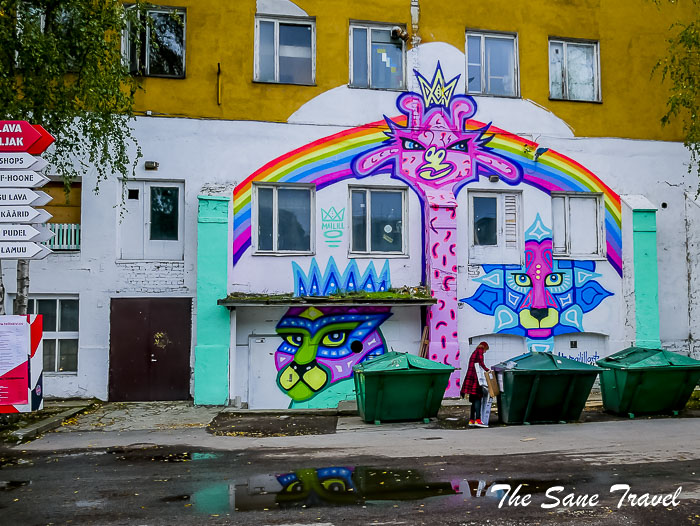
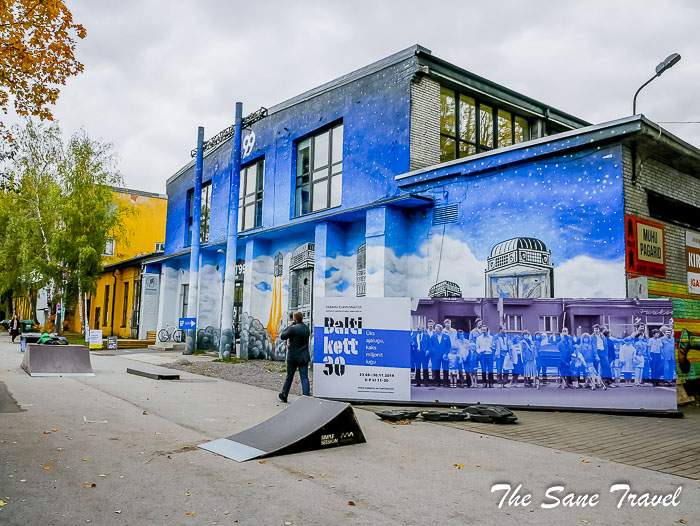
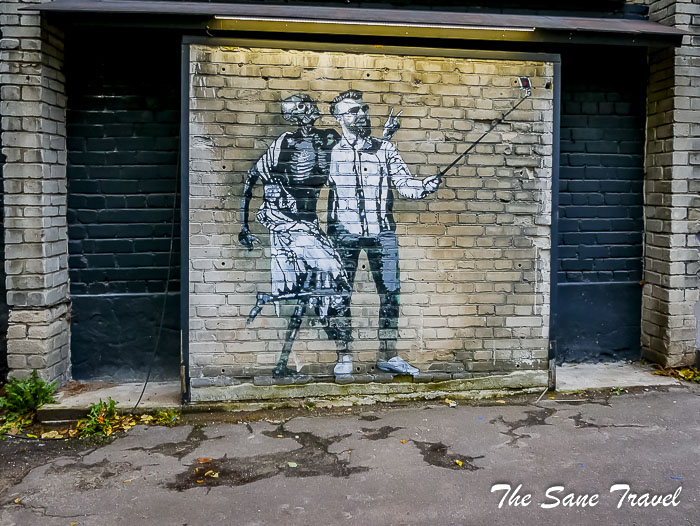
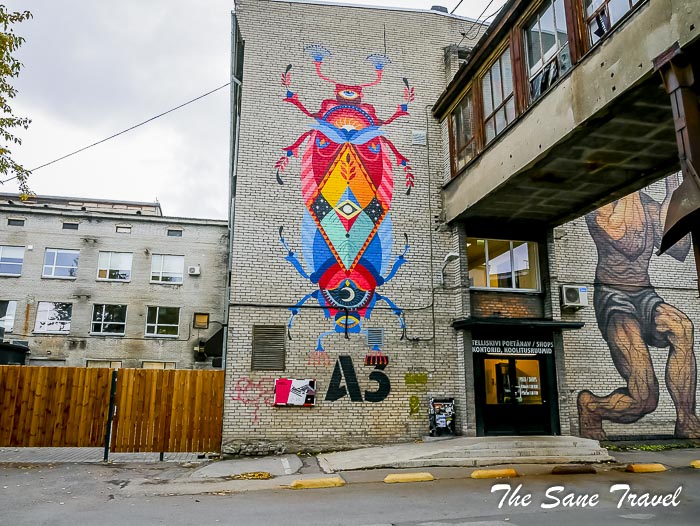
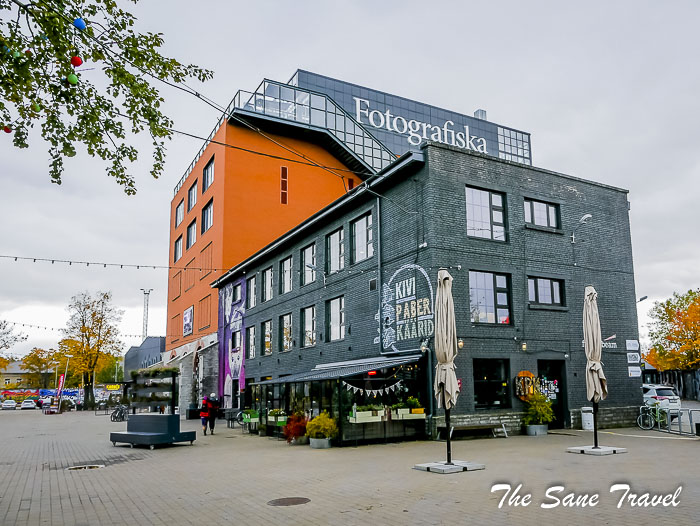
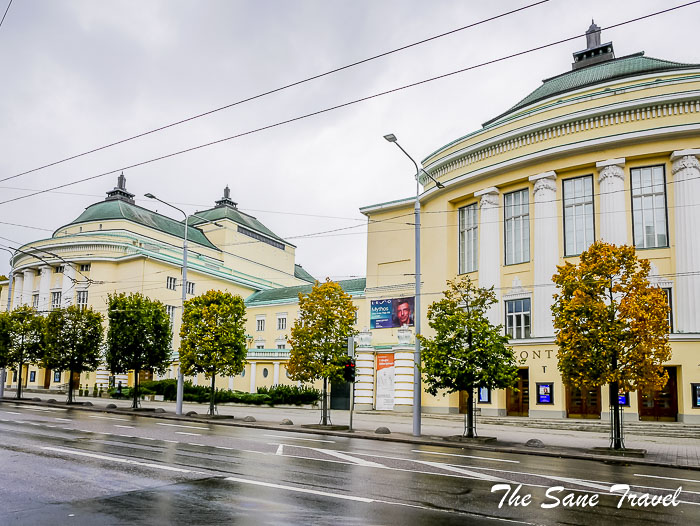
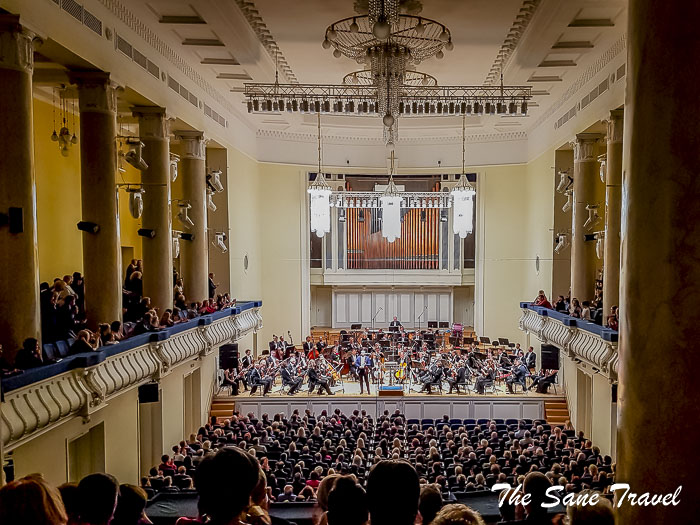
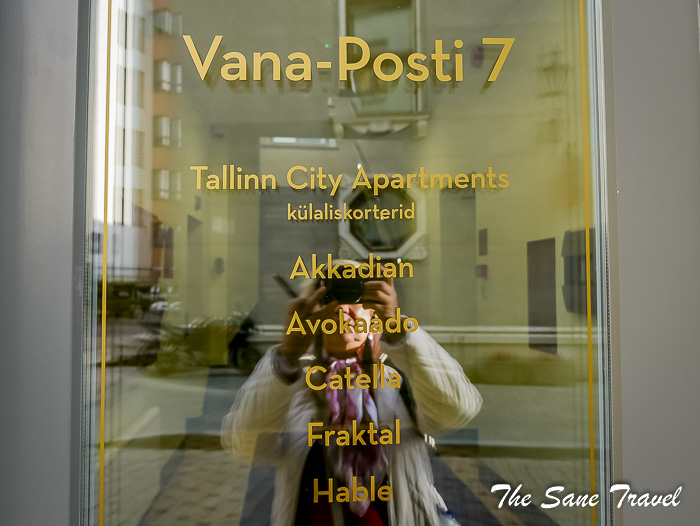
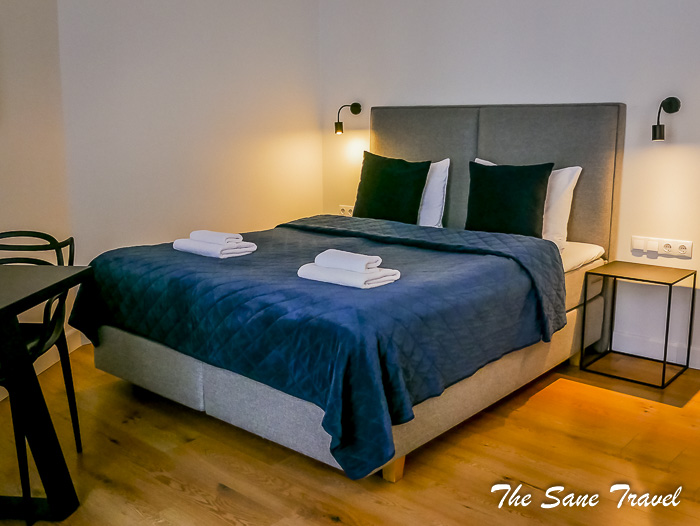
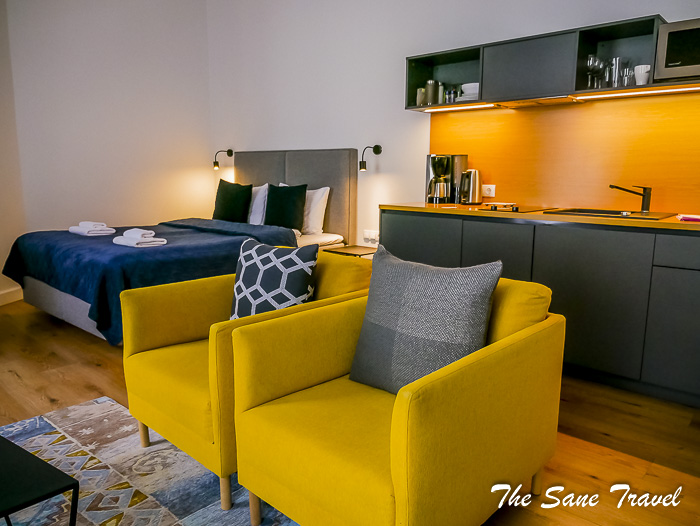
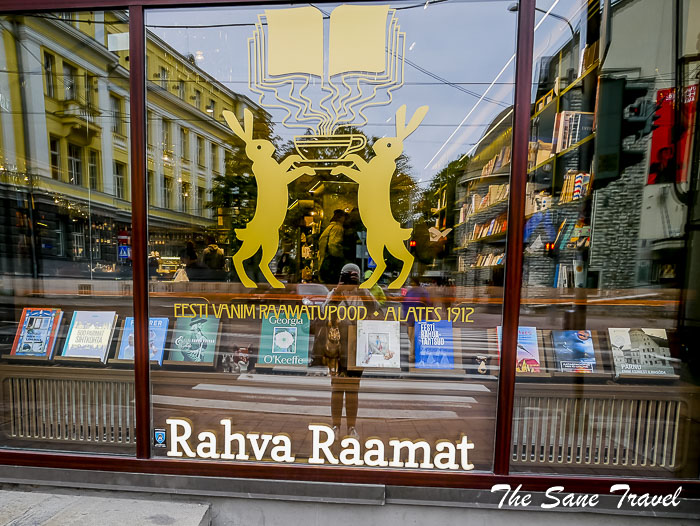
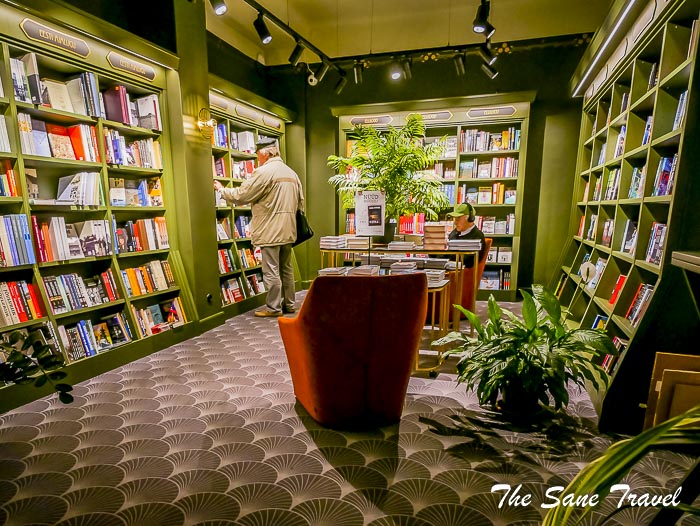
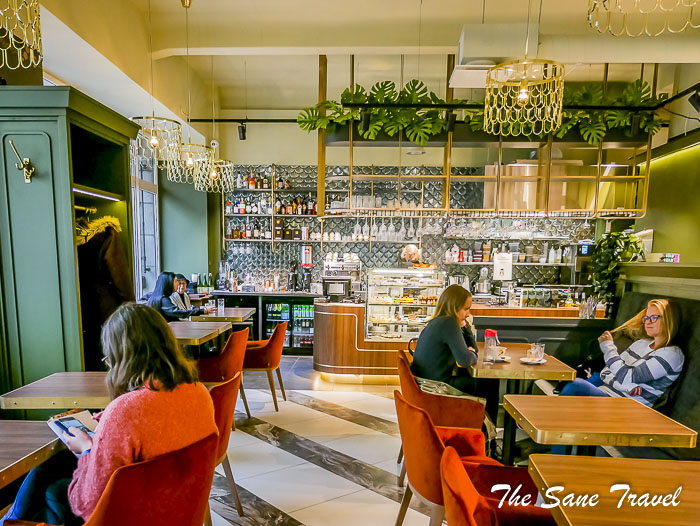
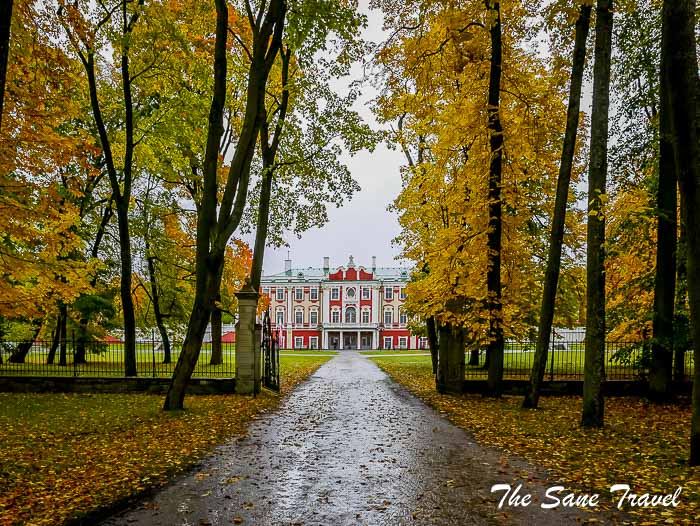
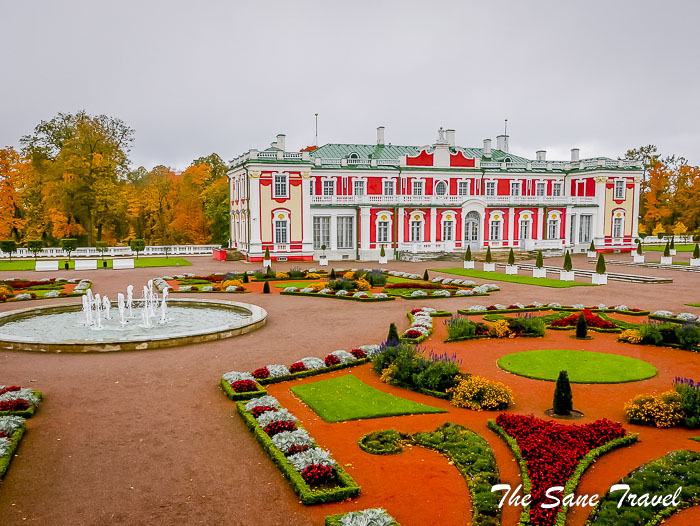
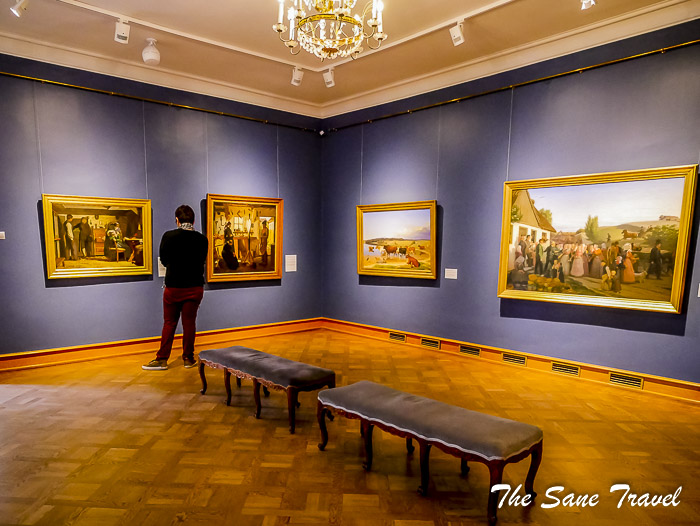
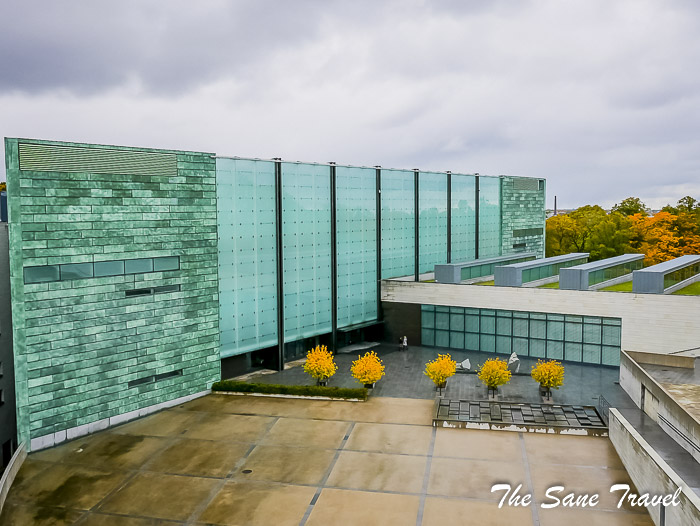
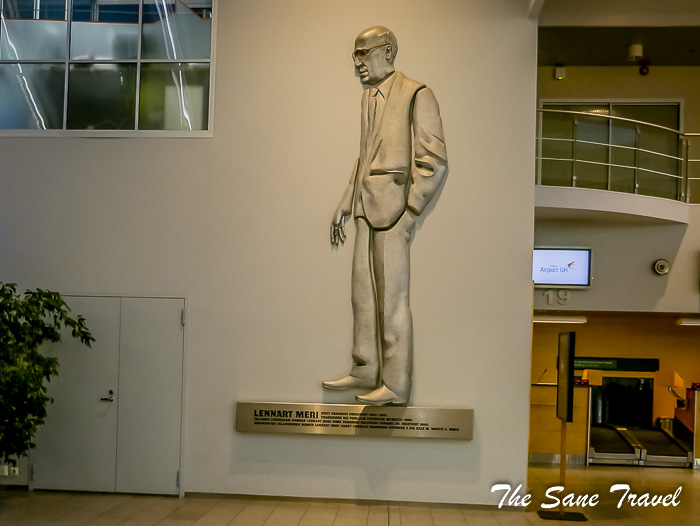
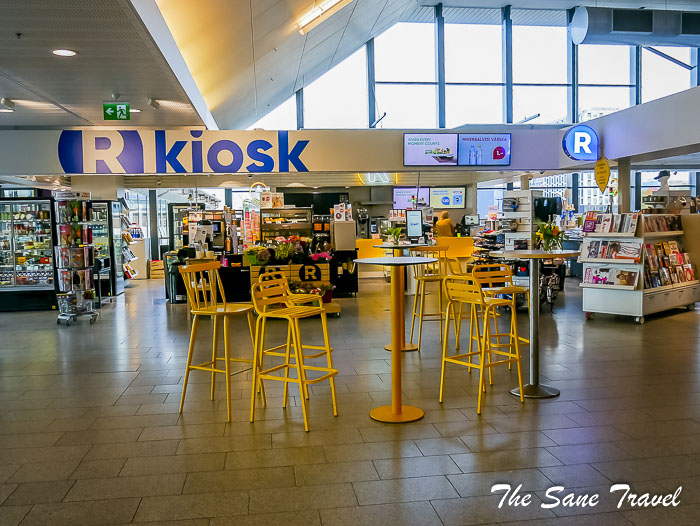
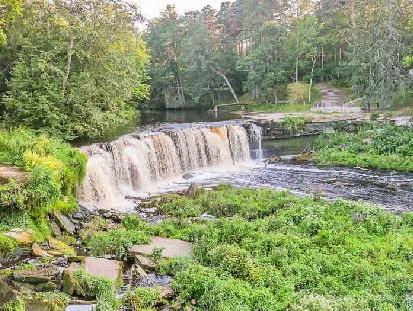

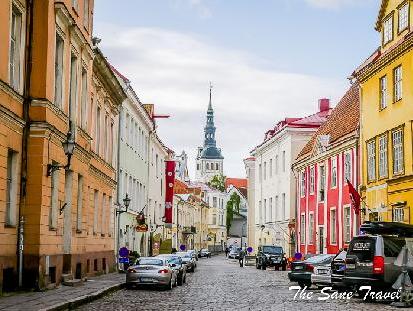
Report
My comments